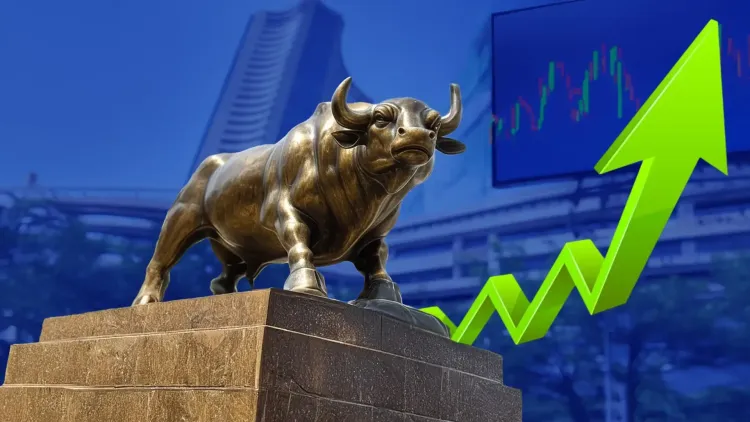Did the US SEC Grant Exemptive Relief for Infosys' Share Buyback?

Synopsis
Key Takeaways
- Infosys received exemptive relief from the US SEC.
- The buyback is valued at Rs 18,000 crore.
- First buyback since October 2022.
- Shares offered at Rs 1,800, a 19.28% premium.
- Timeline for completion: 3-4 months.
New Delhi, Sep 12 (NationPress) The prominent Indian IT firm Infosys has received exemptive relief from the US Securities and Exchange Commission concerning its substantial buyback plan valued at Rs 18,000 crore, as detailed in its exchange notification. This marks the company's first share buyback in three years, with the last one occurring in October 2022.
Infosys shares experienced an uptick, reaching Rs 1,528, which is an increase of Rs 18 or 1.23 percent today. Over the past five days, the stock has surged by Rs 80, translating to a 5.55 percent increase.
The IT behemoth's fifth buyback is currently pending approval from shareholders via a special resolution and postal ballot, a decision made in response to the macroeconomic fluctuations impacting stock prices.
Based in Bengaluru, the company plans to allocate Rs 13,560 crore for the buyback, offering Rs 1,800 per share, which reflects a 19.28 percent premium over its last closing price at the BSE.
Historical data suggests that the share repurchase process could span three to four months. The stock is held by over 25.79 lakh investors.
Infosys typically reserves about 30 percent of its cash for buybacks, repurchasing approximately 14-15 percent of its net worth. As of the first quarter, its cash and cash equivalents are at Rs 45,200 crore, while its net worth stands at Rs 95,350 crore.
This share buyback initiative is expected to decrease the total number of outstanding shares, thereby increasing the Earnings per Share (EPS) as profits are distributed over fewer shares post-buyback. A rise in EPS could enhance stock valuations and attract new investors.
In the past month, Infosys stock has increased by Rs 104, marking a 7.31 percent rise. However, it has witnessed a decline of Rs 62, or 3.94 percent, over the last six months, and a significant drop of Rs 421, equating to a 21.02 percent fall over the past year.
On a broader scale, favorable global indicators, including rising expectations of a rate cut by the US Federal Reserve next week, contributed to a modest gain in Indian benchmark indices on Friday.
As of 9.25 AM, the Nifty index rose by 39 points, or 0.16 percent, to 25,04,5, while the Sensex increased by 114 points, or 0.14 percent, reaching 81,663.
IANS
aar/aps/dan





